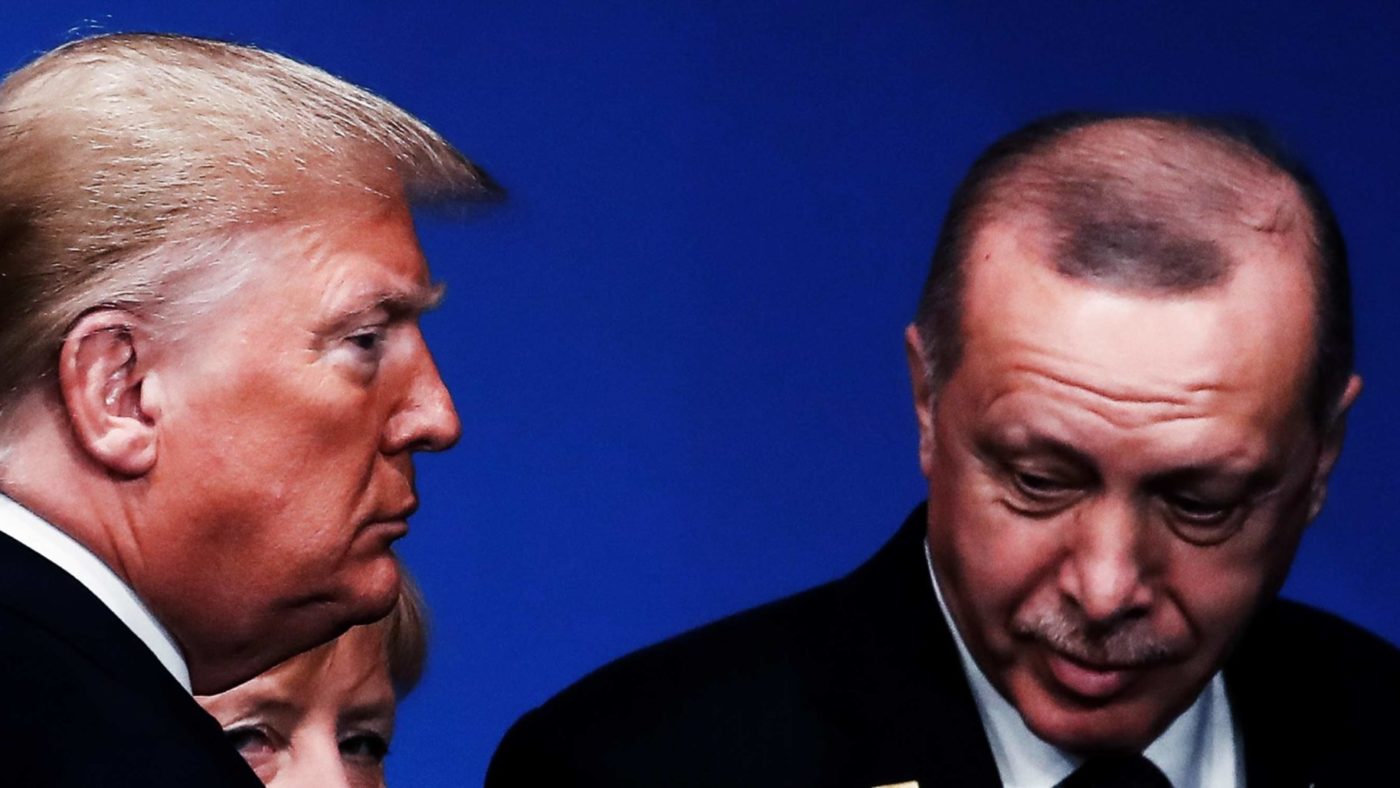At the height of the Arab Spring, then President Obama’s administration described the Muslim Brotherhood as “moderate Islamists”. This seemingly minor assessment, one which received relatively little recognition at the time, has had a dramatic and damaging effect on the Middle East, one which is still being felt today. This naive acceptance of a hard-line, politically motivated distortion of the religion of Islam has done nothing but heighten instability and exacerbate division across the region.
A relatively inexperienced administration unwisely
Can anyone seriously point to the Middle East today and say the rush to tolerate or even embrace Islamist actors during the Obama era has made the region a safer, more prosperous, more democratic place? The consequences are there for all to see: a Syria torn to pieces by destructive civil war, an increasingly Islamist Turkey that day by day builds it’s reputation as a safe haven for extremists and jihadists, and an Iran whose missile programme and funding of proxies has not just gone unhindered, but actually grown thanks to the overly generous terms of the JCPOA.
The US presidential election is the contest above all others whose impact is felt far beyond America’s borders. That is no less true this year, and no less true for the Middle East. Despite a much vaunted ‘pulling back’ from the region, the occupant of the Oval Office still holds considerable sway and influence across the region. Whether it be Trump or Biden come January next year, pushing back against the destabilising activities of Turkey and Iran, with their respective hard-line Islamist agendas, should be the overarching priority.
The consequence of the previous administration’s softness on Islamist actors was a worsening of relations with traditional allies. The Gulf states and Israel were needlessly excluded from negotiations with Iran, despite living on their doorstep and feeling the consequences of Iranian proxy action more acutely than any of the JCPOA nations. This generated a flawed deal that failed to recognise their rightful concerns about missile proliferation and the funding of violent proxies within and next door to their territories.
In recent years relations between America and its traditional allies in the region, in the Gulf States and Israel, have somewhat improved. This is best exemplified by the crucial role they played in brokering the historic UAE – Israel Accord. The ‘maximum pressure’ campaign on Iran, despite its many detractors, is also beginning to bear fruit, with Tehran finally feeling the economic need to pull back resources from its long-standing band of proxies.
However, there remains a sense of American dis-interest in the region. This is an absence that is seeing other powers in the form Russia and China play a more prominent role, visibly in the case of the former, and more discreetly with the latter. Furthermore, Trump’s seeming soft spot for ‘strongmen’ is arguably a key factor in President Erdogan feeling he has more license for foreign misadventure.
More than any other political contest, the impact of the US presidential election is keenly felt far beyond America’s borders. That is no less true for this November’s contest and no less true for the Middle East. Despite America’s gradual ‘pulling back’ from the region in recent years, the occupant of the Oval Office still holds considerable sway and influence across the region. Whether it be Trump or Biden come January 2021, pushing back against the destabilising activities of Turkey and Iran, with their respective hard-line Islamist agendas, should be the overarching priority.
Strengthening these relationships – both to act as a bulwark against the rising Islamist tide of Turkey and Iran, and to continue developing dependable, reliable security partners in the region – should be high on the presidential Middle East agenda come January. This is particularly the case given America’s reluctance to commit troops and military hardware to the region in the amounts it once did.
When it comes to dealing with Turkey and its increasingly destabilising, colonial agenda, America must avoid repeating the mistakes it made in dealing with Iran. Leaving the near neighbours out in the cold while they start to feel the impact of Turkish-exported extremism will only see crucial regional security concerns overlooked once again. Whoever the next president may be, they must not offer succour to Erdogan by offering even a hint of admiration for his strongman tactics.
Radical and political Islam is at the root of many of the major tensions seen across the Middle East. If the United States wants to avoid the destabilisation of some of its closest allies and not give Russia and China an even freer hand, then it cannot offer Islamism even the kind of tacit acceptance we’ve seen in the past. And make no mistake, the approach the next president takes to this issue will define America’s Middle East standing for decades to come.
Click here to subscribe to our daily briefing – the best pieces from CapX and across the web.
CapX depends on the generosity of its readers. If you value what we do, please consider making a donation.


